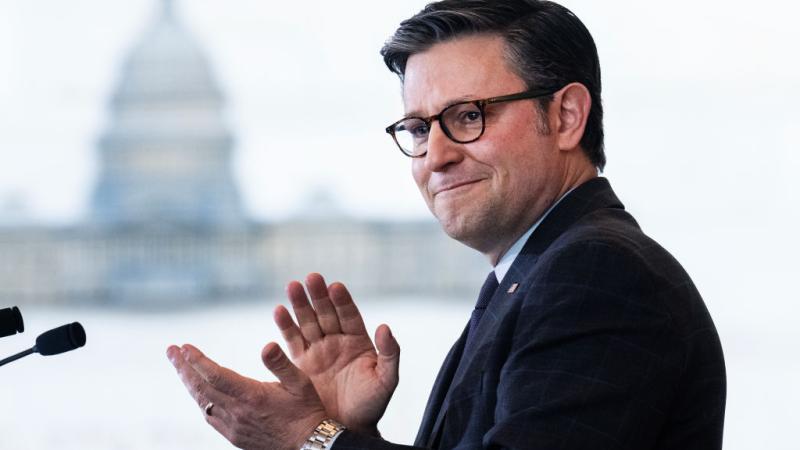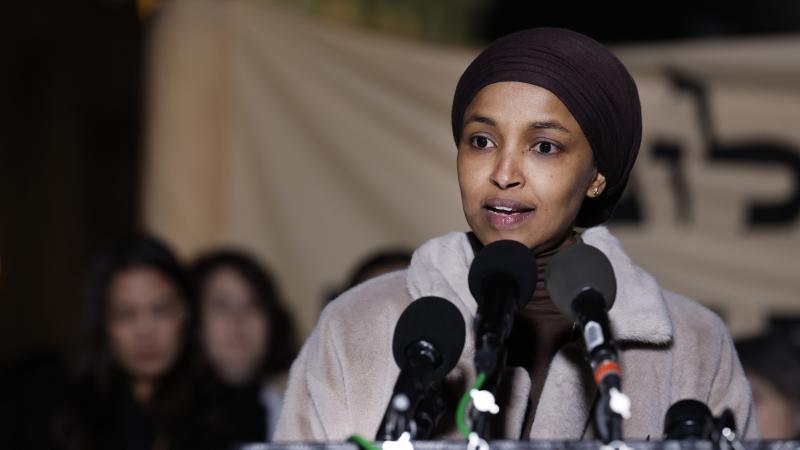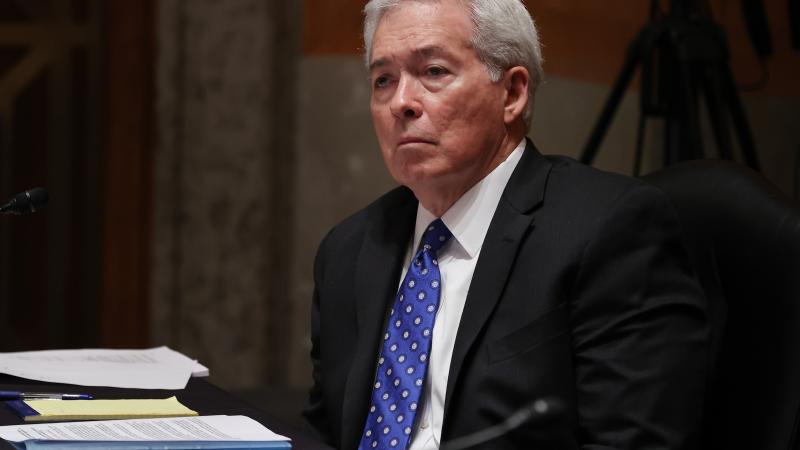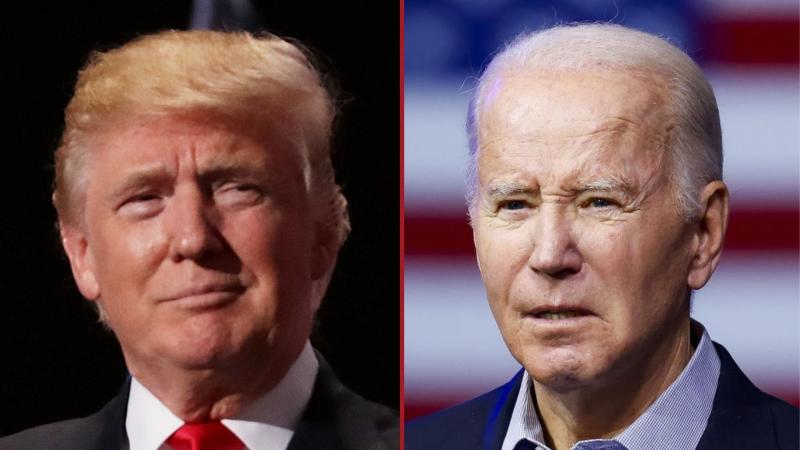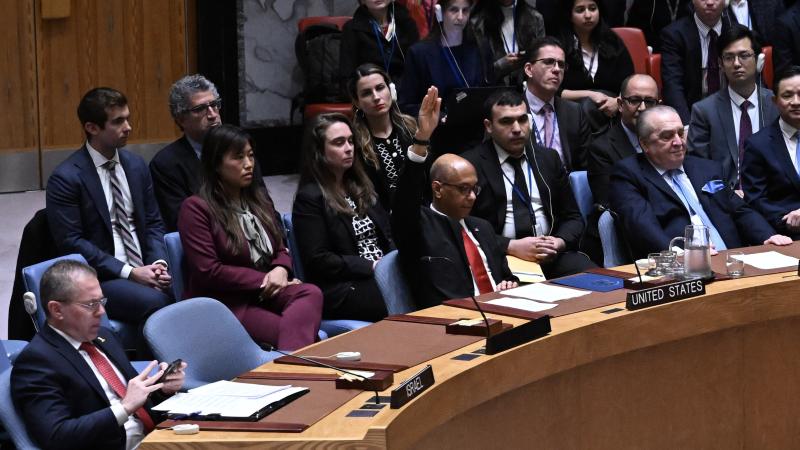Incoming Budget Committee Chair Bernie Sanders ready to move bills 'alone' if GOP doesn't play ball
Sanders says Democrats will try using budget reconciliation to raise the federal minimum wage to at least $15 per hour without Republican support
Independent Sen. Bernie Sanders, a former Democratic presidential candidate, vowed to use "budget reconciliation" to move key bills forward as the incoming chairman of the Senate Budget Committee.
Sanders said on Wednesday that Senate Democrats will try to use budget reconciliation to raise the federal minimum wage to "at least $15 per hour" without the need for Republican votes.
Once Georgia Senate winners Raphael Warnock and Jon Ossoff are officially sworn-in, the chamber will be split 50-50 with Vice President Kamala Harris as the tie-breaking vote.
"I say this as the incoming chair of the Budget Committee, we have a process called budget reconciliation and that process for a number of issues, not all, requires only 50 votes plus the vice president so there's a lot that we can do through budget reconciliation and I intend to do everything I can to make that happen," Sanders, a self-described Democratic socialist, said on ABC News on Inauguration Day.
"I have no problem with reaching out to Republicans," he also said. "I would prefer to do it that way but if we hear very early on that Republicans do not want to act in a way that meets the needs of working people in this country or the middle class, sorry, we're going to do it alone."
According to congressional rules, “reconciliation starts with the congressional budget resolution. The budget cannot be stalled in the Senate by filibuster, and it does not need the president’s signature. If the budget calls for reconciliation, it tells certain committees to change spending, revenues, or deficits by specific amounts. Each committee writes a bill to achieve its target, and if more than one committee is told to act, the Budget Committee puts the bills together into one big bill.”
The final bill has “special status in the Senate” and cannot be filibustered. It would pass with 51 votes.


